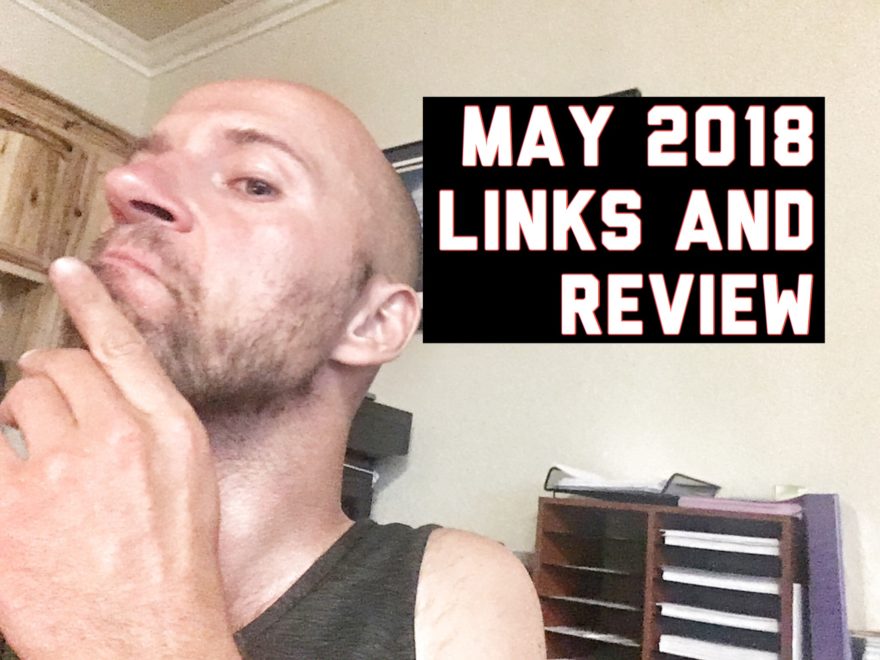Tag: EBP
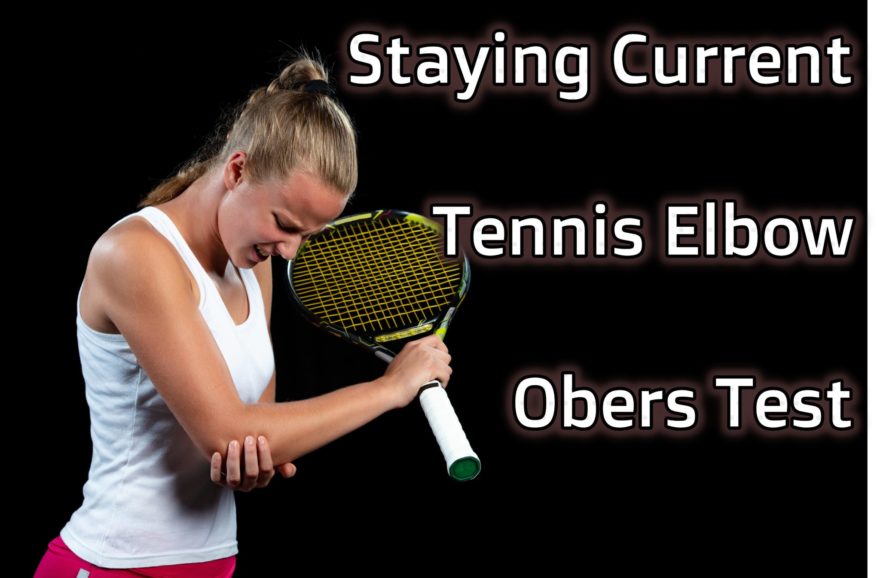
Staying Current, Tennis Elbow, and Obers Test – Movement Debrief Episode 87
Movement Debrief Episode 87 is in the books. Below is a copy of the video for your viewing pleasure, and…
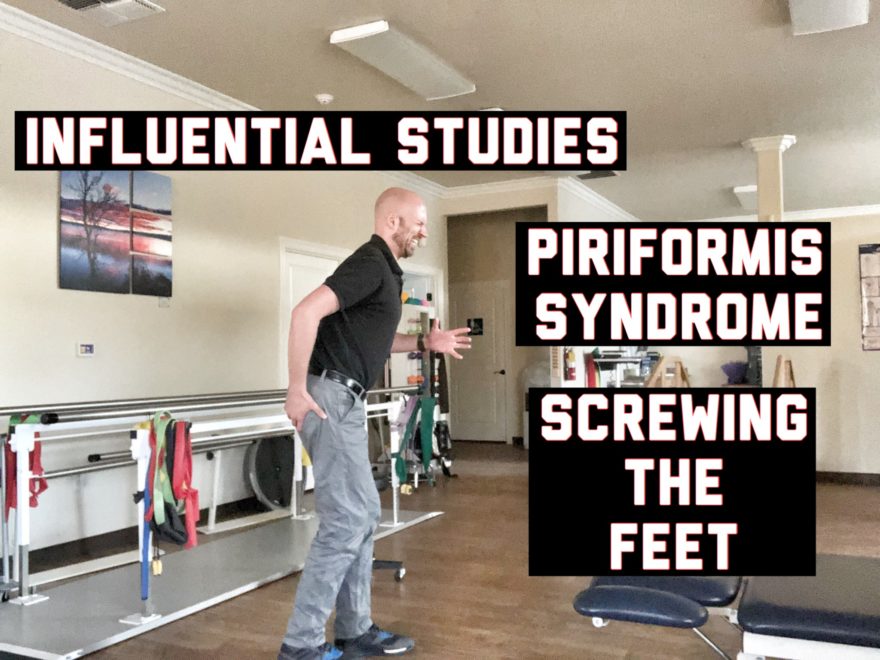
Influential Studies, Piriformis Syndrome, and Screwing the Feet – Movement Debrief Episode 59
Movement Debrief Episode 59 is in the books. Below is a copy of the video for your viewing pleasure, and…
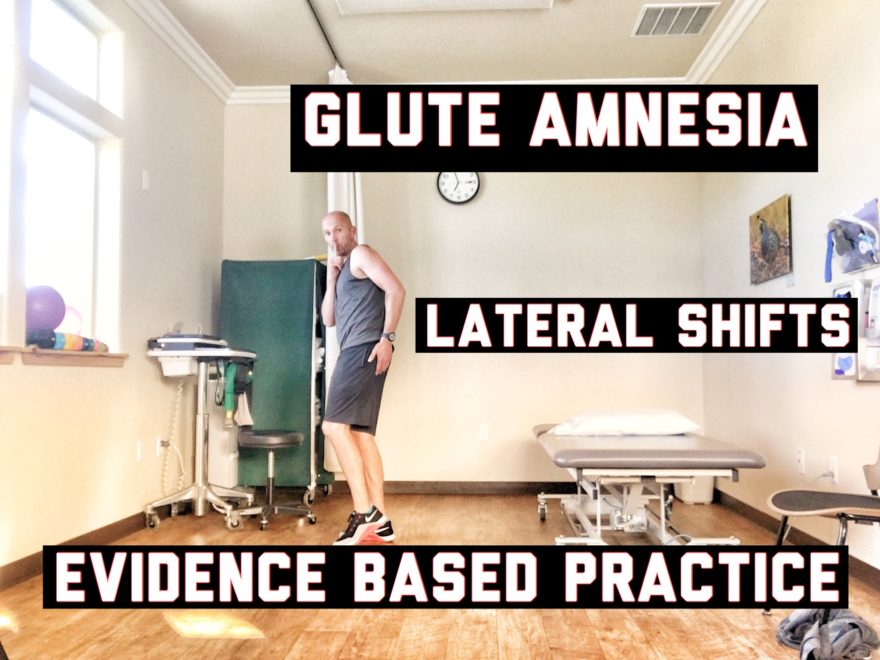
Glute Amnesia, Lateral Shifts, and Evidence Based Practice – Movement Debrief Episode 50
Movement Debrief Episode 50 is in the books. Below is a copy of the video for your viewing pleasure, and…
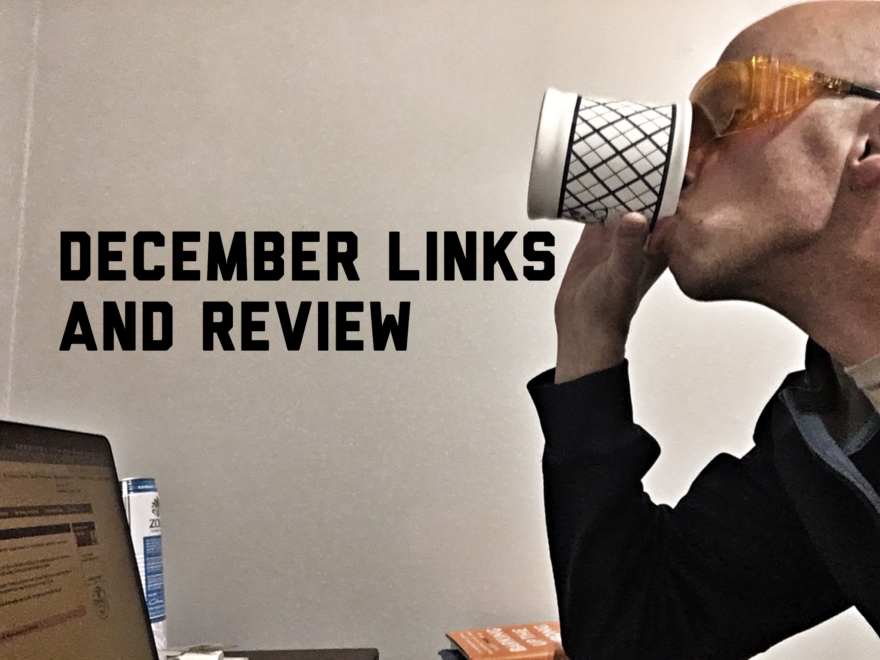
December Links and Review
Every week, my newsletter subscribers get links to some of the goodies that I’ve come across on the internets. Here…
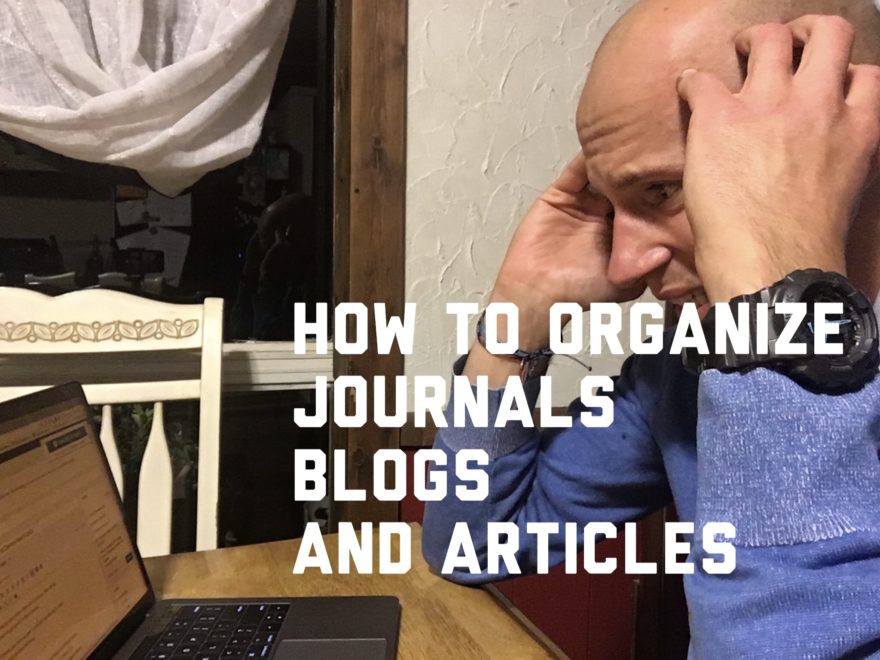
How to Organize Journals, Blogs, and Articles
You wake up, make your bed, do your ahem, bathroom business, then slowly sulk your way to the kitchen to…
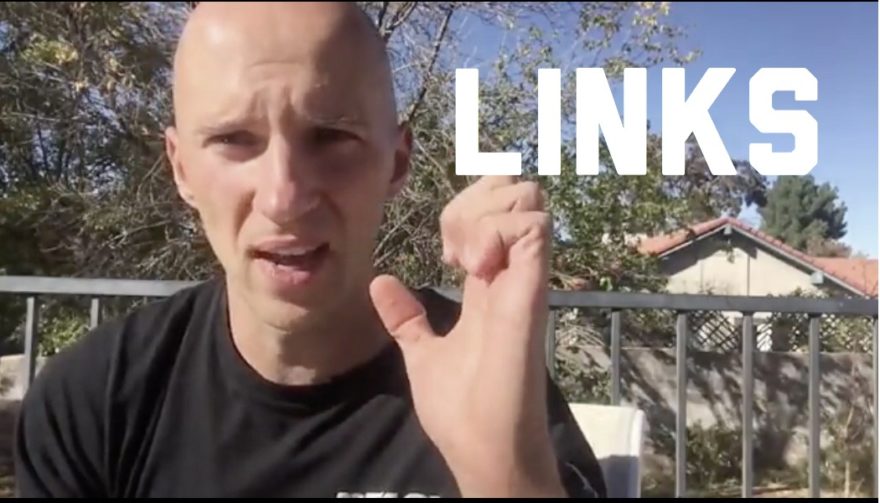
November Links and Review
Every week, my newsletter subscribers get links to some of the goodies that I’ve come across on the internets. Here…
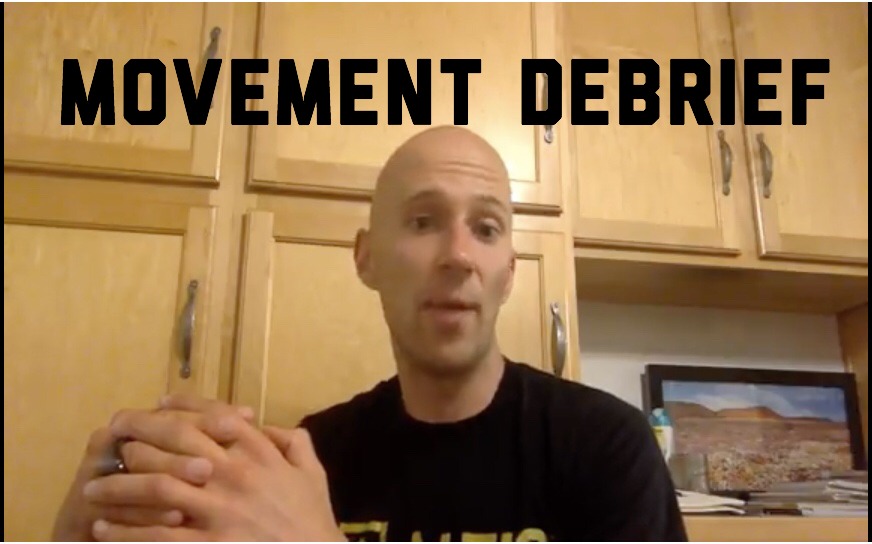
Squats, the (F)Utility of Research, Total Knees, and Pain vs. Suffering – Movement Debrief Episode 18
Just in case you missed last night’s Movement Debrief Episode 18, here is a copy of the video and audio…
The Sensitive Nervous System Chapter XIII: Research and Neurodynamics: Is Neurodynamics Worthy of Scientific Merit?
This is a summary of Chapter XIII of “The Sensitive Nervous System” by David Butler. Intro Research has demonstrated that…


